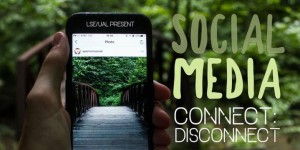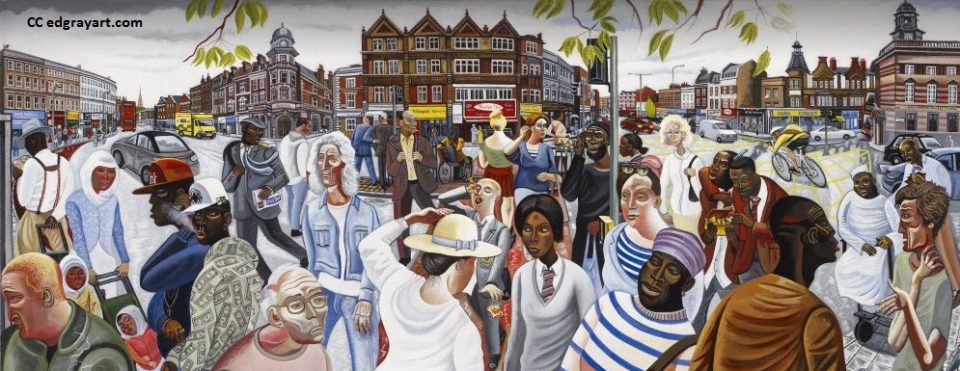Tags

Last Friday I attended a #FuturesHappens Hack at the LSE organised by Peter Byant, Dave White and Donna Lanclos. I originally saw the event advertised on Twitter some time ago and immediately signed up for it as I have an interest in different ways Social Media can be used in education. To be honest I wasn’t really sure what a ‘Hack’ is so I was intrigued as to what the event would involve.
The event started with food which is always a good move and then the organisers introduced the how the hack would work. Basically a hack is getting everyone together to brainstorm questions, issues and possible solutions on a specific topic. I was impressed with the level of organisation of the hack. We were quickly put into groups and and then had fours hacks to discuss – the groups were changed for each hack and we captured our discussions using a collaborative Google Docs form.
There were some clear ground rules established at the start of the hack and we were given a simple definition of what social media meant in terms of our discussion:
For the purposes of this hack, we define social media as being digital platforms that allow the creating and sharing of information, ideas, and other forms of expression related to identity in forms visible to others. These platforms provide the potential for connections, dialogue and discourse through online communities and networks.
Also before we started our discussions Bonnie Stewart joined us via Skype from Canada and gave us a short presentation on issues to do with social media and online professional identity. She has talked about these issues elsewhere – where she has highlighted the issues relating to personal/professional identity especially for academics working in the field.
Once we got into our groups we were given our first question and asked to come up with two principles that would help us to answer this question. I didn’t take any notes at the time so this summary is a bit sketchy!
Hack 1 – How can social media practices help us to:
After our introductions we started off our discussion by trying to discuss what we meant by our online identity. We didn’t really come up with any clear definitions but roughly it was how were seen by others in an online environment. It is clear that we all have multiple identities now especially when using social media (our identity on LinkedIn is often very different from our Twitter or Facebook personas) but this is also true for our real lives too. We came up with at least two principles; 1. Staff and students have the right to privacy using social media – its up to them what they disclose. 2. Social Media has the potential to create useful collaborative learning spaces.
Hack 2 – How can social media practices help:
Here there was a consensus that social media can create a greater diversity of conversation – as we can go beyond the classroom walls. Again we agreed on two principles; 1. Social media can cross disciples, continents and even different cultural backgrounds. 2. Social Media can give us a space to reflect before we make contributions – which we cannot always do in a F2F situation
Then the organisers gave our table a ‘Challenge – Social media creates echo chambers of like opinions’ to discuss
We discussed a number of points here. Echo chambers not necessarily negative – sometimes there is a reason why we all agree!
Hack 3 – how can social media practices help: Defining and understanding authenticity – Generating and sharing creativity
Our discussion here focused on that social media can expand the room for discussion and opens up constrictions of the traditional educational environment. We also agreed that social media can increase levels of creativity because it encourages greater diversity of opinion(potentially) – Wikipedia was given as a good example of this.
Hack 4 – Have the principles we have developed helped? What additional things can we do?
The final hack was a bit more open ended. Because our earlier discussions had looked at the positive aspects of social media we discussed the more negative issues such as online sexism and bullying that can happen
This final part of the day was for us to think about what we could take from the day’s event back into our institution. It certainly got me thinking about my own practice. For me personally I thought Bonnie’s Skype talk about digital identity was the most interesting part of the day. I have now proposed and been accepted to do a workshop on Social Media and Online Identity at our own Teaching and Learning Conference here at Regent’s. It would be great to do our own mini-hack too but this might have to wait for the time being.
Also worth reading is Andrew Middleton’s blog post on the hack, Dave White’s summary and Peter Bryant’s post here
Finally thanks to the organisers of the hack for a thought provoking event about the shapes and things to come regarding social media and education.
